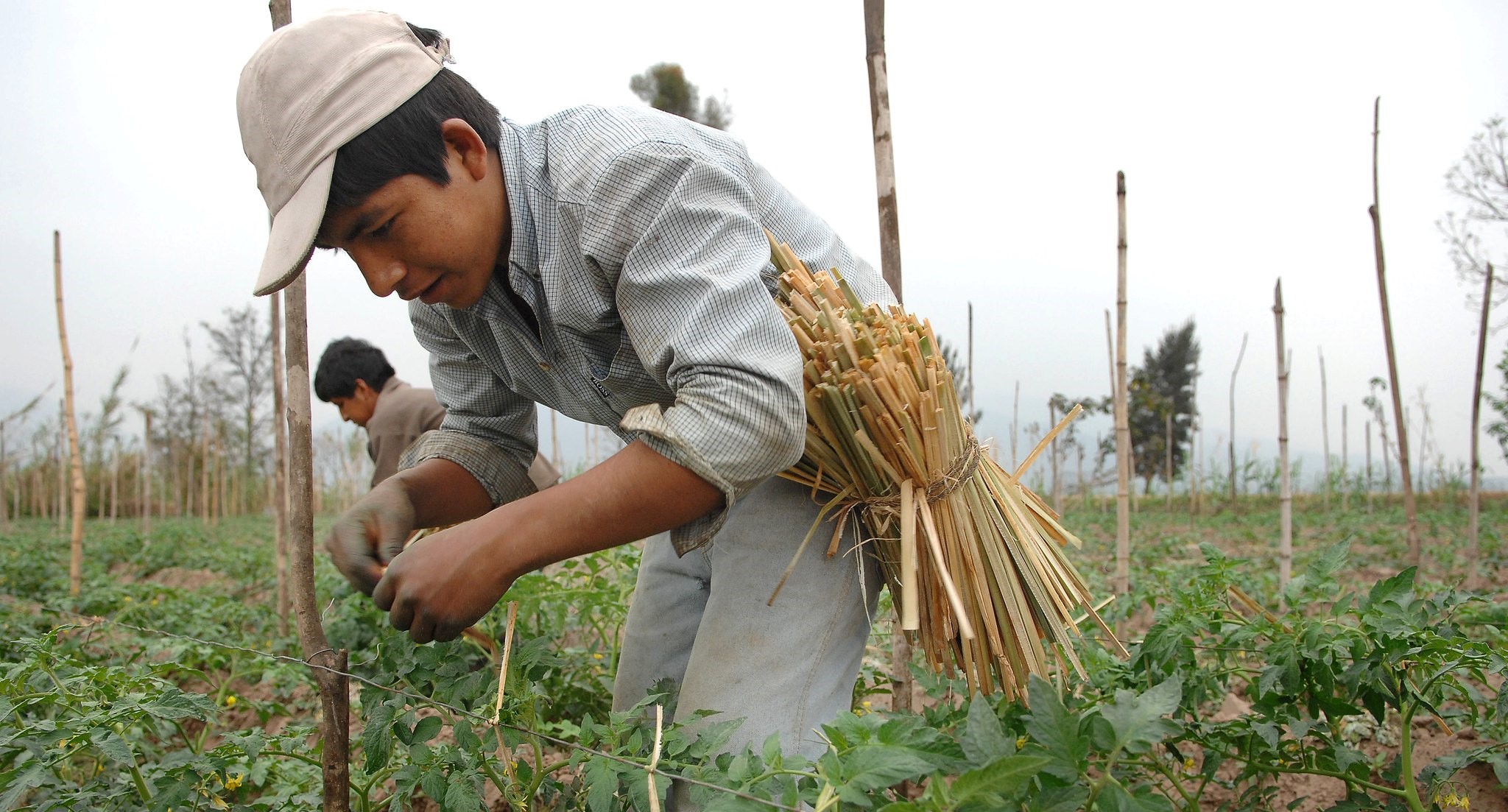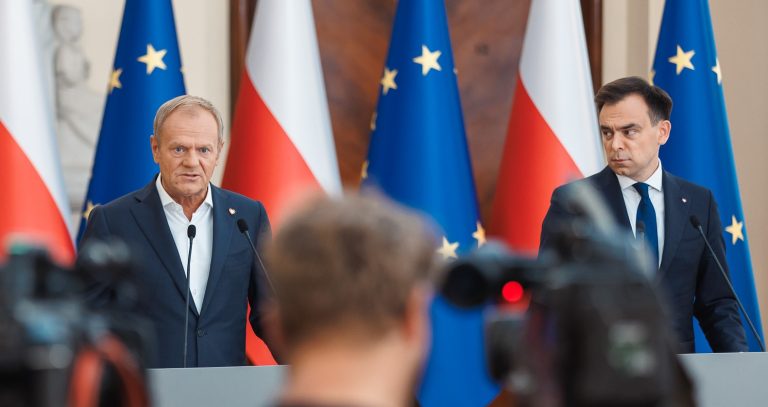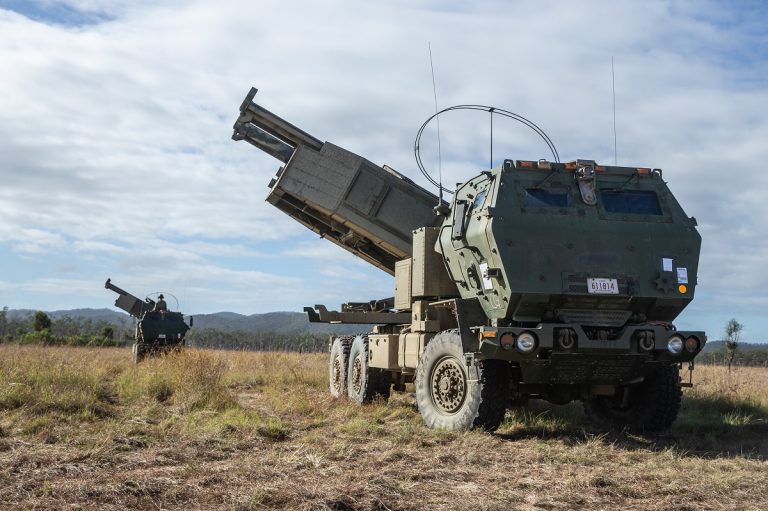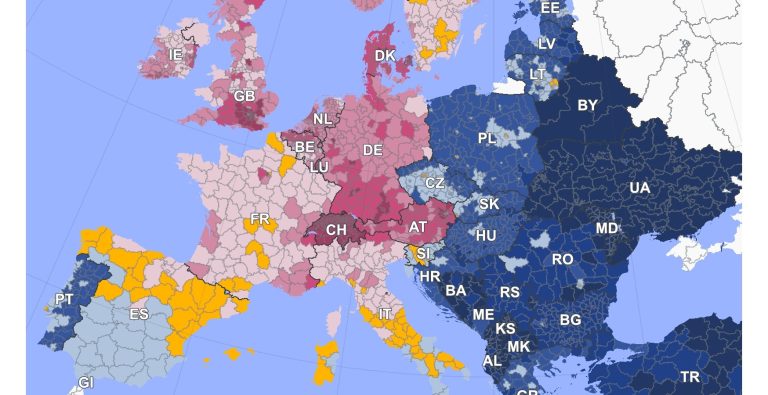Poland will not support EU-Mercosur free trade deal in current form

Keep our news free from ads and paywalls by making a donation to support our work!
Notes from Poland is run by a small editorial team and is published by an independent, non-profit foundation that is funded through donations from our readers. We cannot do what we do without your support.
Poland has announced that it will not support a proposed free trade agreement between the European Union and the South American Mercosur bloc in its current form. In doing so, Warsaw has joined with France, which has also been critical of the proposed deal.
“The cabinet expresses its opposition to the results so far of the negotiations with Mercosur in the area of agriculture,” said Prime Minister Donald Tusk, quoting from a resolution that was due this afternoon to be adopted by his government. “We are not alone. Many member states hold a similar opinion.”
Premier @DonaldTusk przed posiedzeniem Rady Ministrów w #KPRM: Rada Ministrów wyraża sprzeciw wobec dotychczasowych wyników negocjacji z Mercosur w obszarze rolnictwa, w szczególności wobec podwyższenia kontyngentów celnych na mięso drobiowe na ostatnim etapie wymiany ofert… pic.twitter.com/HYNQmIdfY3
— Kancelaria Premiera (@PremierRP) November 26, 2024
The EU and Mercosur – whose largest members are Brazil and Argentina – reached an agreement in principle in 2019 after 20 years of negotiations. But it remains unratified due to opposition, in particular from France.
The deal envisions a free trade area spanning a population of 700 million people. There are currently diplomatic efforts underway to finally push through the agreement. But it has met with resistance from farmers in some European countries, who fear it will create unfair competition.
On Saturday, a group of Polish farmers began a blockade of the border with Ukraine in protest against the Mercosur deal (which is unrelated to Ukraine). However, the following day they agreed to suspend the action following talks with Polish agriculture minister Czesław Siekierski.
Siekierski last week met in Warsaw with his French counterpart Annie Genevard to discuss the Mercosur agreement.
They expressed reservations about the trade elements of the draft deal, pointing to what they claimed were a lack of transparency in the negotiation process and the unequal conditions for EU producers to compete with producers of agricultural goods from Mercosur countries.
The ministers noted that the parliaments of individual member states need to be consulted before a decision can be taken. “If this does not happen, it will jeopardise democracy and the essence of the European Union,” said Siekierski, quoted by Business Insider Polska.
He noted that adopting the agreement in its current form would significantly affect farmers, especially beef, poultry and sugar producers, who would not be able to compete with cheaper South American products.
🇵🇱🤝🇫🇷 Rozmowy polsko-francuskie
🍀Minister rolnictwa i rozwoju wsi @CzSiekierski gościł dziś w siedzibie resortu minister rolnictwa, suwerenności żywnościowej i leśnictwa Francji 🇫🇷@AnnieGenevard.
✅ W spotkaniu uczestniczyli również: sekretarze stanu @EKOlodziejczak_ ,… pic.twitter.com/UodGCINhlz
— Ministerstwo Rolnictwa i Rozwoju Wsi (@MRiRW_GOV_PL) November 22, 2024
“These countries [in South America] have different production standards than the EU, in terms of sustainability – animal welfare, climate protection and the environment,” said Siekierski.
Deputy agriculture minister Stefan Krajeski, meanwhile, told the Polish Press Agency (PAP) that, whereas “the requirements for European farmers, including Polish farmers, are getting higher and higher…products which do not have to meet these standards are being allowed in through the back door”.
According to Bloomberg, France also sees Austria, Hungary and Ireland as other potential allies in opposing the current agreement. By contrast, Germany strongly supports the deal, alongside Italy and Spain. At least four member states representing 35% of the EU’s popular are needed to block the deal.
Poland’s trade balance with the Mercosur countries closed last year with a deficit of almost €1.7 billion, reported online news service Business Insider Polska. Polish exports of agricultural products to these countries account for just 0.14% of Poland’s total exports in this category.

Notes from Poland is run by a small editorial team and published by an independent, non-profit foundation that is funded through donations from our readers. We cannot do what we do without your support.
Main image credit: World Bank/Flickr (under CC BY-NC-ND 2.0)

Alicja Ptak is senior editor at Notes from Poland and a multimedia journalist. She previously worked for Reuters.






